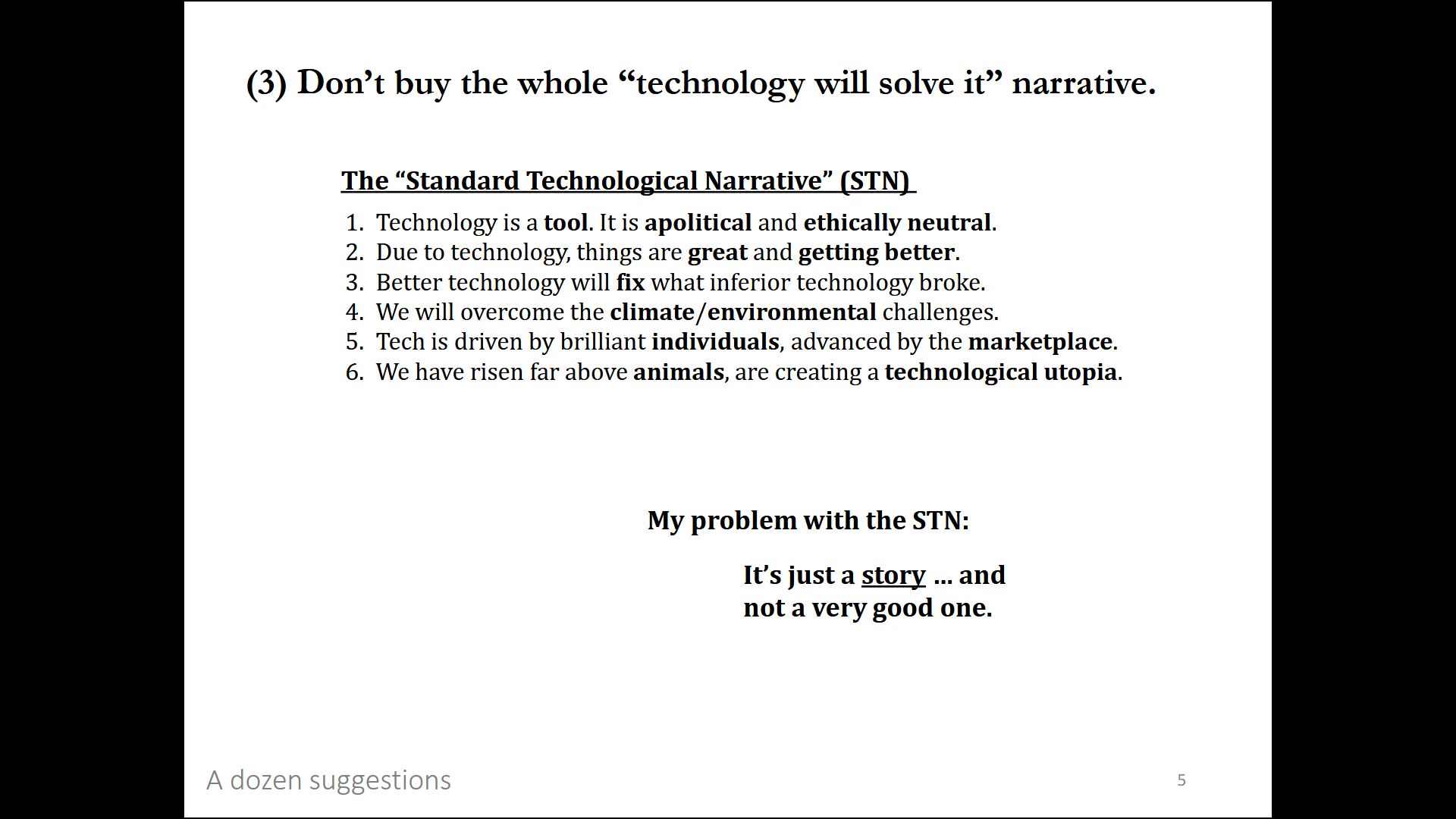Beware the STN
Do those of us who work in tech have moral duties? If you don’t think so, I can recommend a paper that might change your mind.
tl;dr
Nothing I write here can do any of it justice, but on the almost 10th anniversary of “The Moral Character of Cryptographic Work”, it seems appropriate for me to encourage gentle readers to consider this paper.
Seriously.
My struggles with tech ethics
I got interested in computers in middle school, so it was a pretty blissfully unaware start filled with wonder and video games 1. That innocent and early connection to tech blossomed and turned complicated, especially once I got my computer science degree and started to work in information technology in 1999 (Y2K and dot com boom anyone).
To the extent I was excited by what I was working on in IT, I was equal parts troubled by how technology, and (in a few short years) social media, was embraced, often without question, by end users and how it was peddled by big tech corporations, often recklessly, with regulation and oversight struggling to keep up.
I, too, struggled to make sense of it – were tech advances progress or not?
Whatever I felt in my gut manifested itself clumsily as, to choose a few conspicuous examples: avoiding social media (I’m one of the few who never joined Facebook), consciously seeking employment outside of big tech (right livelihood and all that 2), and being one of the last to move on from “dumb” phones (these days I carry a smartphone with reluctance).
What a boon it was to come across Dr. Rogaway’s and others’ 3 4 works, which gave me a better schema (mental model) to try to hang things on.
So what is the STN?
A slide from Dr. Philip Rogaway’s last lecture, which I (have to) imagine was a good one. I am still trying to sort out my feelings about his retiring from university teaching last year 5. Bummer, to say the least.
For those interested in a deeper dive, the reading list for ECS 188 seems impressively curated (and daunting).
– JW
Footnotes
-
Wrote a bit more about this elsewhere, see “Growing up” section of origin story post. As an aside, linking to another post was a bigger pain than expected. Credit to https://talk.jekyllrb.com/t/how-to-link-from-md-page-to-other-page/6067/9 for the Jekyll 3 or 4 detail. However, I had to prepend
_posts/to the markdown file name for GitHub Pages to build. x_x ↩ -
Right livelihood is from Buddha’s Noble Eightfold Path, some couple thousand year old guidance on how to earn a living without causing harm. Check it out! In the meantime, see https://web.cs.ucdavis.edu/~rogaway/funding.html on funding and non-funding, where we are (I think appropriately) admonished and chastised for not taking a stronger moral stand on whom we take money from. ↩
-
Yuval Harari’s book Sapiens is another work that has influenced how I think about tech ethics, widening my eyes to the broader “military-industrial-scientific complex”. ↩
-
Also came across Marietje Schaake’s The Tech Coup book. Based on a quick skim of the teaser, it seems well worth reading. Both “accountability extension” and “precautionary principle” caught my eye. ↩
-
Dr. Rogaway’s home page updates say he’s looking into K-12 teaching. Glad for him and for those kids! ↩
